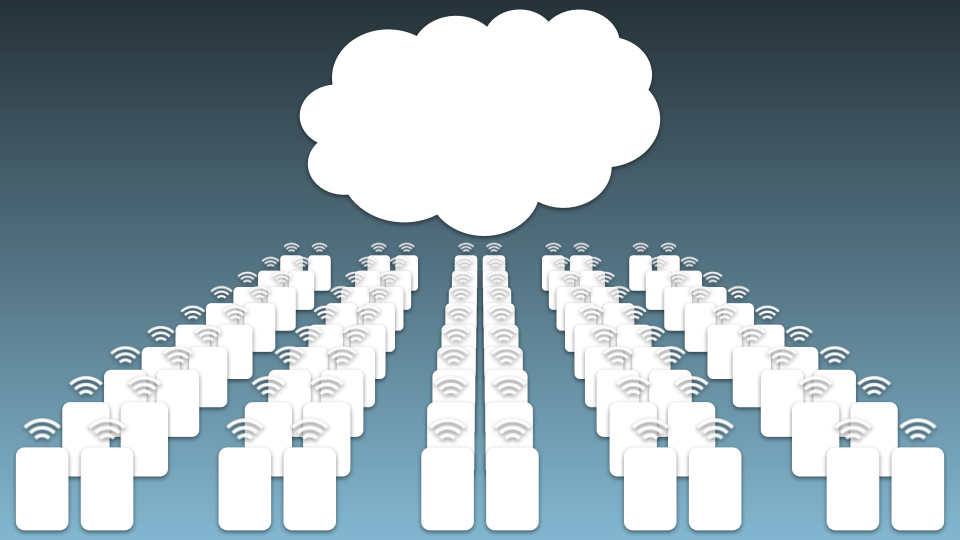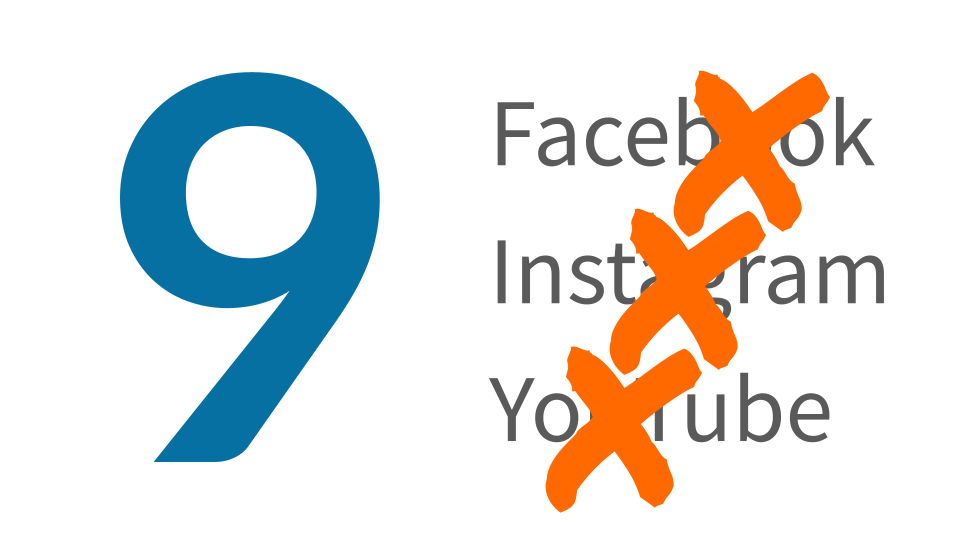Tag: data ownership
-

Things abandon Internet for Intranets of Things
This April 1st, tens of billions of “things” are expected to abandon the Internet and spontaneously reconnect in countless ephemeral Intranets of Things. The Internet of Things was a foolish idea anyway. An anonymous thing choosing to be identified as f0:01:ed:01:04:22 The term Internet of Things (IoT), coined by Kevin Ashton in 1999 to describe…
-

Local Search in 2019
What’s in store (pun intended) for 2019? The Local Search Association kicks off each year with a compilation of its members’ predictions. This is our third consecutive year submitting predictions. While our 2017 prediction proved way too optimistic, our 2018 prediction, and the two we submitted this year, resonate well among those of our peers.…
